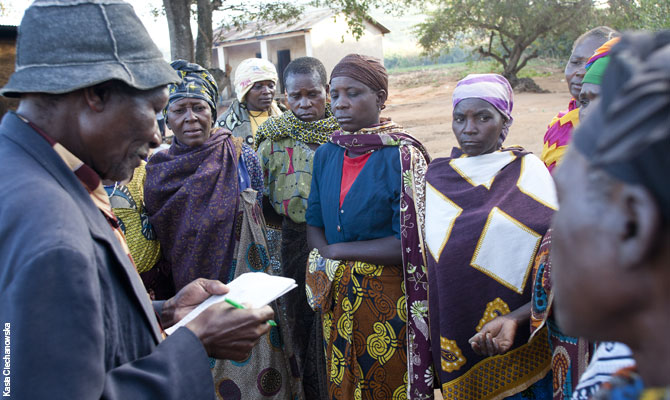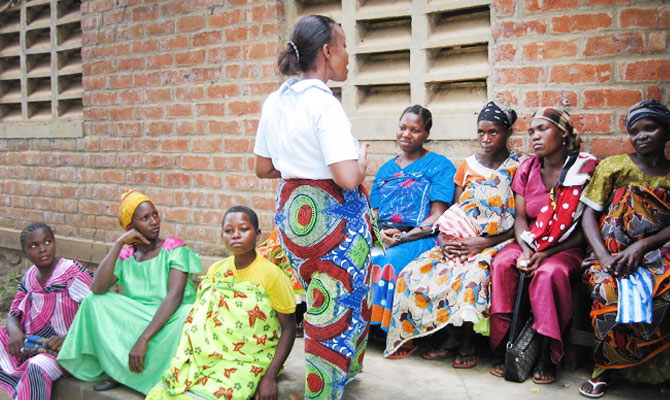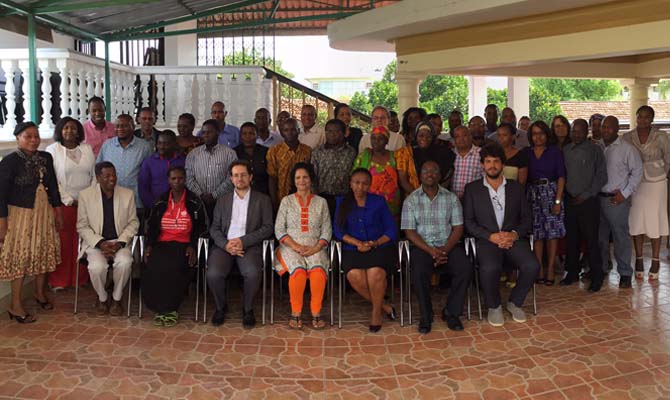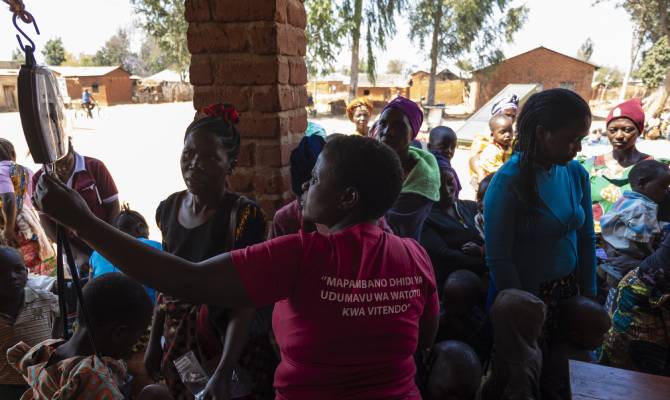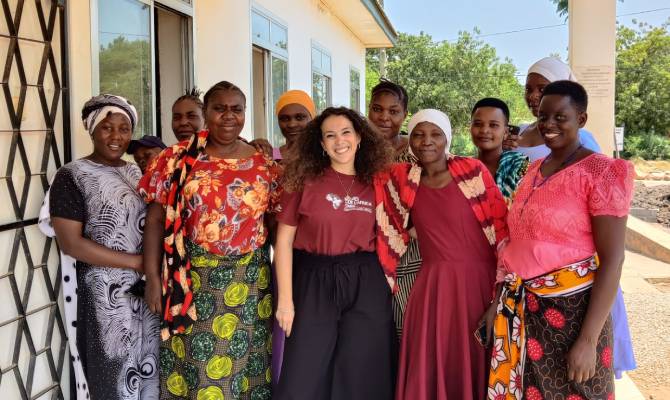Doctors with Africa CUAMM was pleased to participate in the two-day workshop organized in London by World Vision in order to share the lessons learned from the “Beneficiary Feedback Mechanism” (BFM) pilot projects carried out by CUAMM in Tanzania and by other NGOS in seven other countries in Asia and Africa.
Doctors with Africa CUAMM presented the case study of its own pilot project, which was funded by the UK Department for International Development (DFID) and implemented within the framework of a broader project aimed at improving the quality of maternal, newborn and child health (MNCH) service delivery in the region of Iringa, Tanzania. DFID also supported several other NGOs in their work on BFM pilot projects between 2014 and 2016. World Vision UK led the consortium in its quest to try to determine:
- what makes BFM systems effective;
- whether such systems improve accountability to communities and the delivery of services;
- whether they are worth the investment.
To help answer these questions, three different ways of collecting feedback were tested:
- using mobile phones to collect feedback through SMS and voice calls;
- asking structured questions at regular intervals to seek feedback from the community about specific aspects of the project;
- using community-designed feedback systems where communities decided on what issues, and how, they would like to provide feedback.
The London workshop made it possible for participants to compare findings from the different pilot projects, each of which collected and responded to feedback using one of these above-mentioned approaches.
In presenting their own case study during the two-day event, CUAMM staff described their experience of the external referral of feedback from the community. They felt that the BFM had increased the transparency of how services were being managed, and strengthened accountability thanks to the District Medical Officer’s prompt follow-up in response to various types of malpractice. But the most useful feedback for CUAMM was that which helped them understand more about problems that usually stay hidden, especially abuse and gender-based violence. These matters were then shared at the ministry level and with other development actors present in the country.

